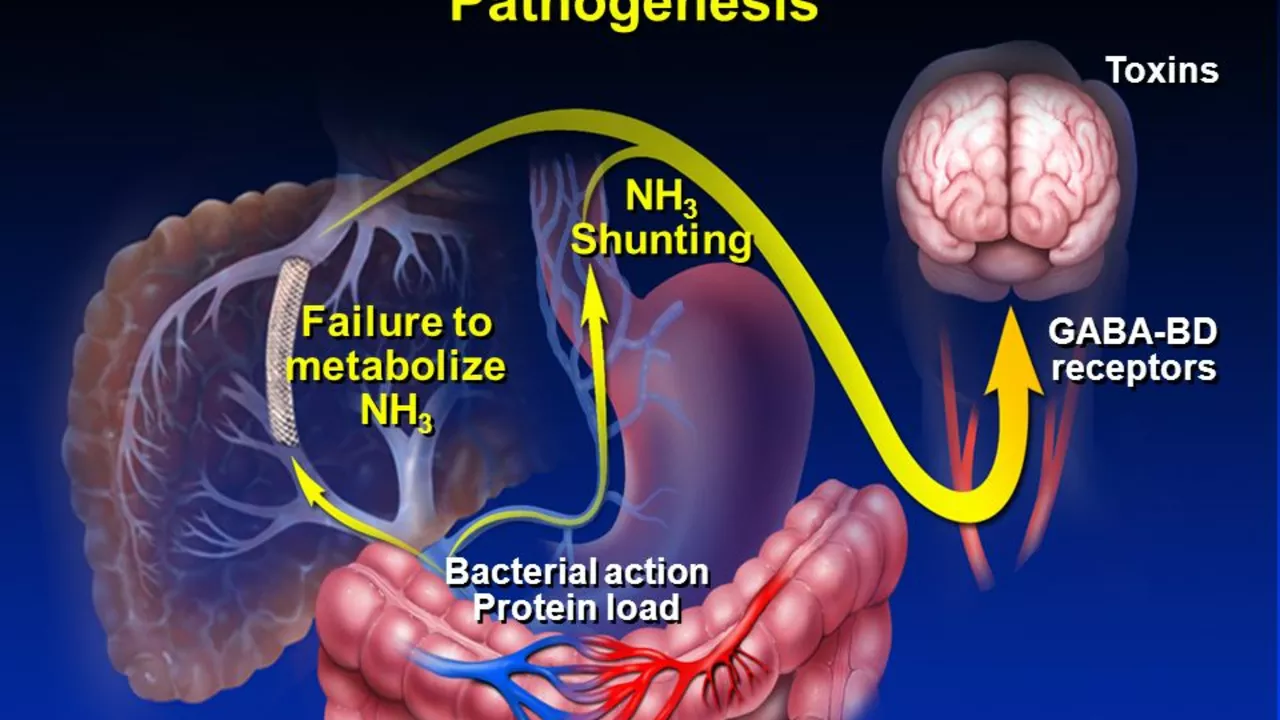Liver disease: what to watch for, which meds matter, and what to do now
Your liver does a lot — it filters blood, makes bile, stores vitamins and helps clear drugs. When it’s stressed or damaged, the signs may be subtle at first. Knowing the common causes, the medicines that can hurt the liver, and simple steps you can take makes a real difference.
Meds and supplements that need extra caution
Some prescription drugs and over-the-counter products can damage the liver. Two clear examples from our site: terbinafine (Lamisil) can rarely cause serious liver injury, and flutamide is known for hepatotoxicity. Isotretinoin (used for acne) also requires liver checks. Herbal remedies and some supplements can be risky too—Strophanthus and other concentrated botanicals may affect the heart or liver, so don’t assume “natural” means safe.
If you start a new med that lists liver-related side effects, ask your prescriber about baseline liver tests and how often to repeat them. Keep a single list of everything you take (prescription, OTC, vitamins, and herbs) and show it at every doctor visit.
How to spot trouble — plain signs to watch for
Watch for new, unexplained symptoms: yellowing of the skin or eyes (jaundice), dark urine, pale stools, intense itch, swelling in the belly or legs, easy bruising, persistent nausea, or feeling unusually tired. If you notice any of these after starting a drug, stop the drug only if advised and contact your clinician right away.
Tests your doctor will commonly order include ALT, AST, ALP, bilirubin, albumin and INR. Imaging (ultrasound) or a FibroScan can check scarring. If you have chronic liver disease, dosing and drug choices—especially for blood thinners, antibiotics, and some statins—may need adjusting. For example, anticoagulant choices in atrial fibrillation are affected by liver function, so talk to a cardiologist or hepatologist before changing therapy.
Simple everyday actions help protect your liver: avoid heavy alcohol, don’t take extra acetaminophen, get vaccinated for hepatitis A and B if you’re not immune, and keep your weight in range to lower fatty liver risk. Ask your provider what a safe acetaminophen dose is for you rather than guessing.
If you use online pharmacies or order meds from abroad, be cautious: check licensing, read reviews, and consult your pharmacist about generic brands and dosing. Our site has reviews that can help you compare options for common meds that affect the liver.
When to get urgent care: severe abdominal pain, vomiting blood, new confusion or sleepiness, or very dark urine with pale stools. Those are red flags for serious liver problems and need rapid evaluation.
Want more detail? Read our posts on Lamisil (terbinafine) and flutamide to learn about monitoring and side effects, or check our guides on safe online pharmacies and anticoagulant choices. Keep your meds list updated, ask for baseline liver tests when starting risky drugs, and speak up if anything feels off—early action often prevents worse damage.
Related reads: Lamisil (Terbinafine): Uses, Side Effects & Tips, Flutamide: How It Works and What to Know, Warfarin Substitutes for AFib: Apixaban & Edoxaban Compared.
Chronic Hepatitis B vs Hepatitis C: Symptoms, Risk, and Treatment Differences
Hepatitis B and C both attack the liver, but they’re not the same beast. This article dives deep into the differences, from how you catch them to what they do to your body, and what you can do about it. You’ll get real advice, eye-opening stats, and practical tips if you or someone you know is affected. There’s a lot more to these viruses than most people realize. Long term health depends on knowing what sets them apart.
Read moreThe Connection Between Hepatic Encephalopathy and Muscle Weakness
Alright folks, today we're diving into a pretty heavy topic - the link between Hepatic Encephalopathy (let's call it HE for simplicity's sake) and muscle weakness. Now, don't let those big words scare you, it's simpler than it sounds! HE, a condition that affects your brain when your liver can't remove toxins, has been found to have a surprising relationship with muscle weakness. Imagine your muscles throwing a party and then HE comes uninvited, causing quite a ruckus! So, next time you're feeling a bit weak in the knees, don't panic, but maybe give your liver some love, it might just be dealing with some unwanted guests.
Read more

